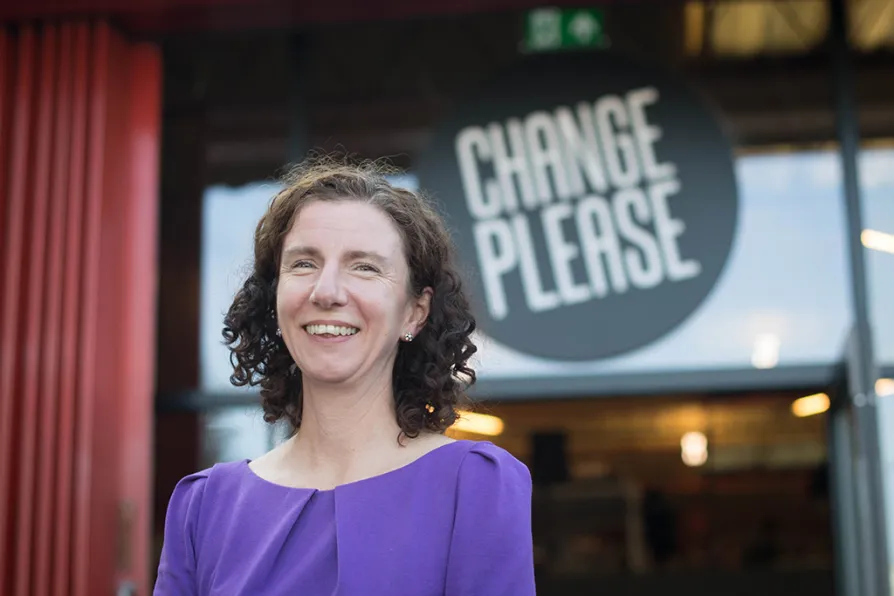The newly elected general secretary of the Aslef train drivers’ union speaks to Ben Chacko about union wins, a welcome shift in approach to the rail sector and what still needs to be done
Dodds sets out the economic groundwork for Labour to build on
The shadow chancellor announced promising ideas in her speech to Labour Connected. These can be developed by the movement but it’s essential an anti-cuts agenda is kept to the fore, writes JAMES MEADWAY

 Shadow chancellor Anneliese Dodds
Shadow chancellor Anneliese Dodds
SHADOW chancellor Anneliese Dodds is starting to put in place Labour’s economic vision for the election in 2024.
Her speech at the Labour Connected event, held in lieu of the party’s annual conference, underlined her opposition to austerity and support for jobs-friendly environmental investment.
And she took the Tory government to task for the extraordinary waste of public money and cronyism that has seen millions of pounds go to Conservative donors for testing kits that were unsafe, and outsourced contracts fail to deliver.
Similar stories

With ‘Your Party’ holding its founding conference in Liverpool this weekend, JEREMY CORBYN speaks to Morning Star editor Ben Chacko about its potential, its priorities — and a few of its controversies too

While slashing welfare and public services, Labour’s spring statement delivers a bonanza for death-dealing bomb merchants. We now see the true and terrible face of austerity 2.0, writes MICHAEL BURKE











